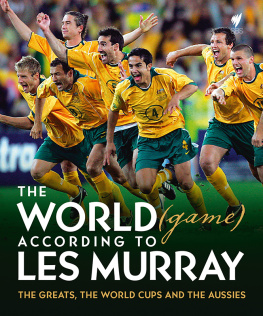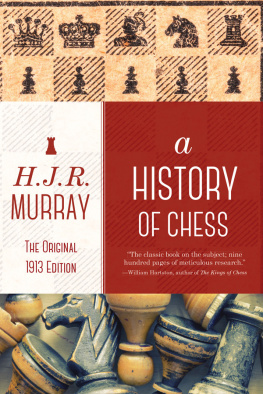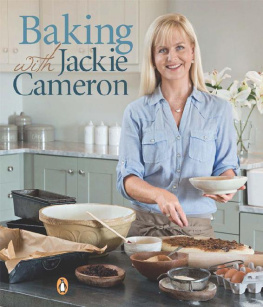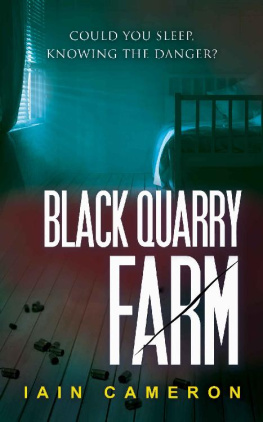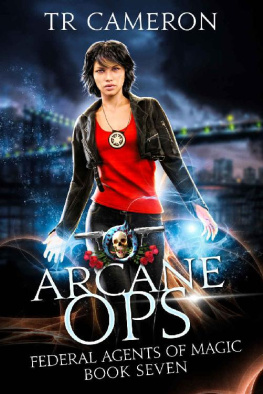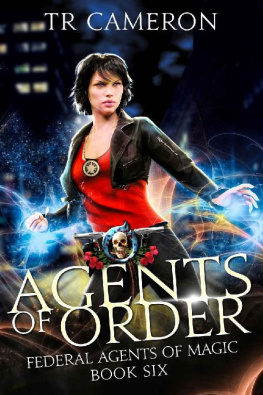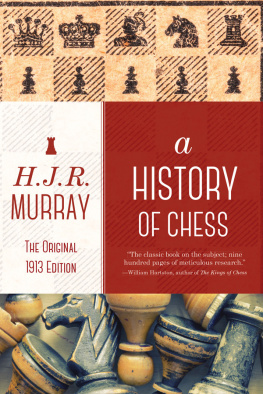Cameron Murray - Game of Mates
Here you can read online Cameron Murray - Game of Mates full text of the book (entire story) in english for free. Download pdf and epub, get meaning, cover and reviews about this ebook. publisher: Cameron Murray and Paul Frijters, genre: Politics. Description of the work, (preface) as well as reviews are available. Best literature library LitArk.com created for fans of good reading and offers a wide selection of genres:
Romance novel
Science fiction
Adventure
Detective
Science
History
Home and family
Prose
Art
Politics
Computer
Non-fiction
Religion
Business
Children
Humor
Choose a favorite category and find really read worthwhile books. Enjoy immersion in the world of imagination, feel the emotions of the characters or learn something new for yourself, make an fascinating discovery.

- Book:Game of Mates
- Author:
- Publisher:Cameron Murray and Paul Frijters
- Genre:
- Rating:3 / 5
- Favourites:Add to favourites
- Your mark:
- 60
- 1
- 2
- 3
- 4
- 5
Game of Mates: summary, description and annotation
We offer to read an annotation, description, summary or preface (depends on what the author of the book "Game of Mates" wrote himself). If you haven't found the necessary information about the book — write in the comments, we will try to find it.
Game of Mates — read online for free the complete book (whole text) full work
Below is the text of the book, divided by pages. System saving the place of the last page read, allows you to conveniently read the book "Game of Mates" online for free, without having to search again every time where you left off. Put a bookmark, and you can go to the page where you finished reading at any time.
Font size:
Interval:
Bookmark:
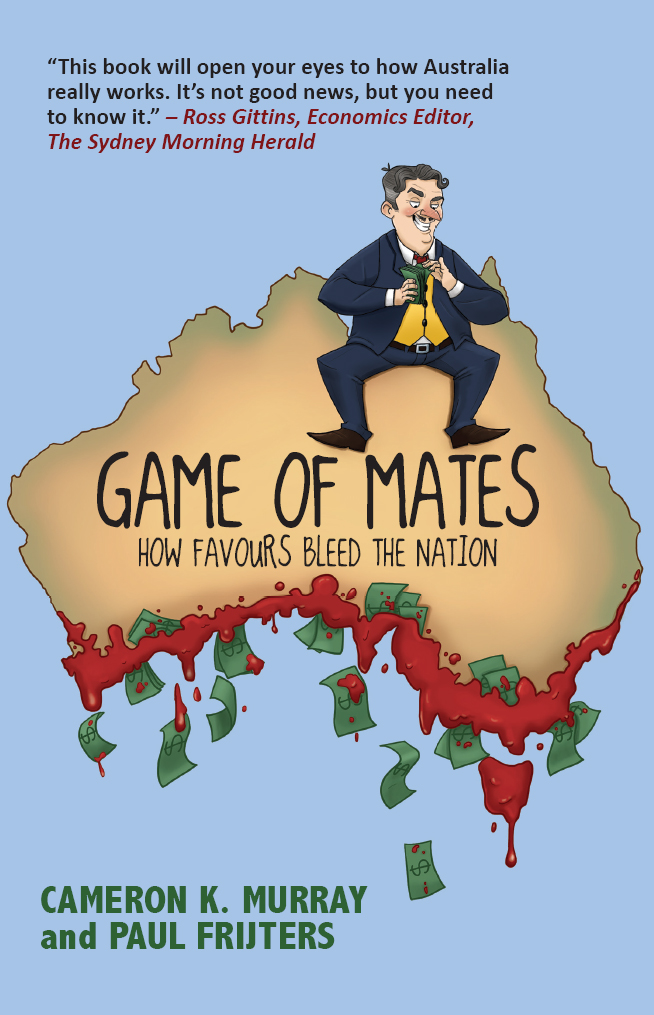
GAME OF MATES
HOW FAVOURS BLEED THE NATION

CAMERON MURRAY and PAUL FRIJTERS
First published in 2017
By Cameron Murray and Paul Frijters
Copyright Cameron Murray and Paul Frijters
All rights reserved. No part of this publication may be reproduced, stored in a retrieval system or transmitted in any form or by any means, electronic, mechanical, photocopying, recording or otherwise, without the prior written permission of Cameron Murray and Paul Frijters.
National Library of Australia Cataloguing-in-Publication entry.
Author: Cameron Murray and Paul Frijters.
Title: GAME OF MATES, HOW FAVOURS BLEED THE NATION
ISBN: 978-0-6480611-1-3 (ebook)
ISBN: 978-0-6480611-0-6 (paperback)
Subjects: POLITICAL SCIENCE / Political Economy
POLITICAL SCIENCE / Political Process / General
POLITICAL SCIENCE / Public Policy / Social Policy
Whilst every effort has been made to ensure the accuracy of the information contained in this publication, no guarantee can be given that all errors and omissions have been excluded. No responsibility for loss occasioned to any person acting or refraining from action as a result of the material in this publication can be accepted by Cameron Murray and Paul Frijters.
It is the story of how groups of Mates have come to dominate our corporate and political sectors, and managed to rob us, the Australian majority, of over half our wealth.
To understand how the Game of Mates is played and to disrupt it, we must see Australia through the eyes of our villain, who we call James. In reality the Game of Mates is played by well-connected individuals called Clive, Julia, Malcolm, Bronwyn, Tony, Peter and so forth. Only rarely are they truly named James, and we of course do not want to offend any James out there who is not a villain!
This book is about how the Jameses of this country play their Game of Mates. It is about how much their Game costs you. And it is about what we can do to stop them!
Opposing our villain is our champion Aussie, who we call Bruce. In each chapter, we show how much James Game ends up costing Bruce, bleeding him and his family not only of their current wealth, but tying them to future obligations to pay James for the privilege of taking part in society.
Our characters help to tell a story that is difficult to see from the perspective of any individual. The reality of the Game of Mates in practice is far less tantalising than the fantasy worlds of political intrigue we see on screen. Brilliant as these stories are, the reality of Australias insidious political games is far more ordinary; Bruce bleeds economically, rather than from the neck! Our villain James swings no sword. He does not ambush Bruce in physical attacks. He instead swings his power in the halls of parliament, in the media, and in the complex bureaucracies of government and large corporate enterprises. His ambush is a raid on Bruces wealth that happens on the sly in mundane offices across our cities, but that nevertheless take a cut of the countrys economic wealth to which he was never entitled. Instead of victory parades, he hosts industry awards nights to glowing media coverage!
The not-so-bloody reality is that James has been in the ascendancy in Australia for at least the last twenty years. He now robs you of a hefty part of your superannuation. He dodges taxes so you pay more. You pay higher interest rates on your mortgage, higher transport costs and higher medical costs, because James and his Mates take a cut.
Our research leads us to believe that James is stealing roughly half of the real wealth of Bruce, our champion Australian. Every hour you work, there are thirty minutes of it working to line James pockets rather than your own. In a world without James and his Mates you could retire fifteen years earlier, enjoying the fruits of your labour, rather than watching James enjoy them.
While we focus on James recent rise in Australia, his Game is eternal. We can never wash ourselves of him completely, for after each wave of purging, he rises again. For you see, there are countless wannabe Jameses. His position is admired. Many of us send our children to the right schools in the hope of befriending James, marrying James, or becoming another James. This admiration is misplaced. He is robbing us while pretending that he deserves his spoils, which is despicable, no matter how smartly he plays it.
James is running amok with his Game now in Australia. But Western countries have historically gone through many waves of cleansing themselves of their own Jameses. James Game was up in Britain in the Glorious Cromwellian revolution of the seventeenth century that abolished many of the privileges the Jameses of the preceding era had assembled. And again, his Game was up in Britain in the early nineteenth century when the wheat barons, who had increased the prices of wheat in the United Kingdom by blocking imports, were dethroned. Many Jameses lost out in the Thatcher era of the 1980s in the United Kingdom, or the Bob Hawke years in Australia, as political reforms took away past privileges.
It has been over twenty years since the last purges in Australia. James has taken full advantage of the fact that our attention was on other things; family, work, sports, celebrity and the general business of getting on with life.
The reason we must repeat history again now is that our societies dont notice James at first, for that is his skill. While the rest of us are productive, James and his Mates are organising our poverty by taking advantage of the opportunities we inadvertently leave them. We only become aware of his Game after decades; when his Game becomes so flagrant, entrenched and costly it can no longer be ignored.
Economist and social scientist Mancur Olson described the process of social decay resulting from what we call the Game of Mates as institutional sclerosis. He observed that over time all institutions succumb to the power of special interest groups, that incur great economic cost on the community as they reallocate wealth towards themselves. So grossly inefficient is this process that these special interests will impose costs on others that exceed the amount redistributed by a huge multiple (Olson, 1965; Olson, 1982). This means that the scale of the economic loss is staggering because not only does James steal from the economic pie, he spills more crumbs on the floor than he gets himself!
Or put another way, it is like James stealing a television from Bruces house, then burning down the house as well!
The late stages of such declines have been called elite overproduction by the historian Peter Turchin (2007). Groups of Jameses begin to steal so much of the wealth for themselves it brings on competition from other groups of potential Jameses, sapping even more resources from the economy. In these periods, societies either socially break-down, if Bruce chooses to ignore the Game (or play it himself), or they purge themselves of James Game, if Bruce revolts against it.
It is time once again to look up, take stock of how much the latest generation of Jameses have cost us, spoil their Game, and get on with life. Though we will never rid ourselves of those trying to use politics and bureaucracy for private gain, for we all succumb to the temptation, Western countries like ours are far better off now than 100 years ago. And far better off than 200 years ago. In the long-run we are winning. And Australia has an advantage in these periodic battles against James, for it is an extremely wealthy, well-educated, and cooperative society. If any country can rise up and fight their Jameses it is us. We hope this book can help in this fight by providing the tools to see James Game, and showing how much it costs Bruce, the typical Aussie.
Font size:
Interval:
Bookmark:
Similar books «Game of Mates»
Look at similar books to Game of Mates. We have selected literature similar in name and meaning in the hope of providing readers with more options to find new, interesting, not yet read works.
Discussion, reviews of the book Game of Mates and just readers' own opinions. Leave your comments, write what you think about the work, its meaning or the main characters. Specify what exactly you liked and what you didn't like, and why you think so.


